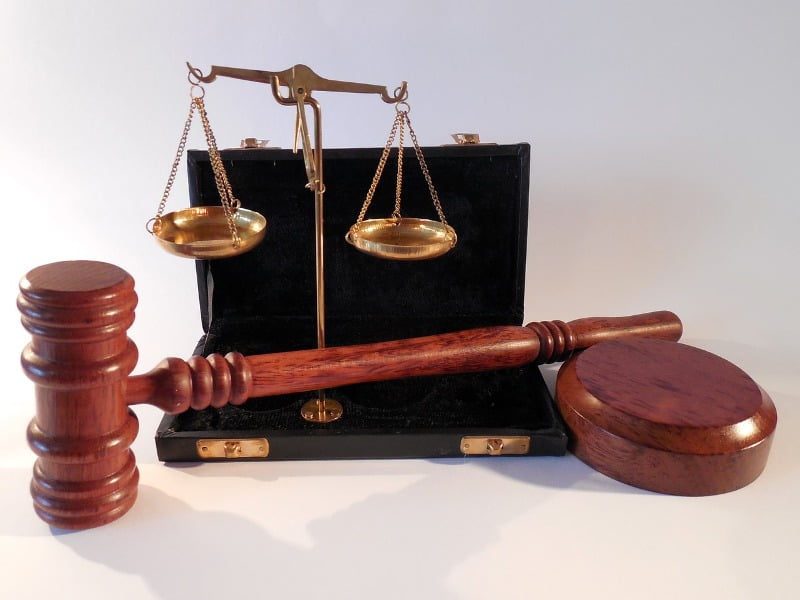Reinier advises national and international companies
reinier.russell@russell.nl +31 20 301 55 55A conflict between minority shareholders and majority shareholders can be resolved by discussions, mediation or following the dispute settlement procedure in the articles of association or the shareholders’ agreement. If these do not offer a solution, inquiry proceedings can be initiated before the Enterprise Chamber of the Amsterdam Court of Appeal. The Enterprise Chamber can take far-reaching measures to protect the minority shareholders already during the investigation stage.

Fights between a minority shareholder and the board are a frequent occurrence. The majority shareholder often takes important decisions unilaterally in the shareholder’s meeting, such as the dismissal and appointment of directors or the issue of shares. This will put the minority shareholder out of the game. How can minority shareholders defend themselves against such decisions in case they are detrimental to them?
It depends on the type of dispute, what an appropriate solution could be. In the beginning, the minority shareholder should enter into discussions with the other shareholders or the board, possibly with the help of a mediator. Also, the articles of association or the shareholders agreement may contain provisions for dispute resolution. If this does not lead to a solution, a shareholder can go the Enterprise Chamber (Ondernemingskamer) of the Amsterdam Court of Appeal. It can investigate the dispute by means of so-called inquiry proceedings. These proceedings can be initiated by shareholders that, alone or together, hold 10% or more of the issued shares in the company or hold EUR 225,000 in nominal share capital.
A recent decision of the Enterprise Chamber shows that such proceedings can be very effective. In this case, the majority shareholders (58,3%) assumed power and the minority shareholders (41,7%) put at a disadvantage. The majority shareholders had dismissed the present board – the minority shareholders, and afterwards had appointed themselves as directors.
The new management turned out to be seeking the liquidation or bankruptcy of the company. Therefore, the minority shareholders brought the matter before the Enterprise Chamber. The Enterprise Chamber was of the opinion that the disagreement would scare potential investors which would be a further threat to the continuity of the company. In addition, the Enterprise Chamber also decided that the minority shareholders were provided with insufficient information. Nor did the financial situation require liquidation or bankruptcy. The board therefore did not act in the interest of the company.
The Enterprise Chamber ordered an investigation into the company’s policies and practices. This gives the minority shareholders the opportunity to gain an insight into the company’s policy. If the Enterprise Chamber, on the basis of the investigation, determines that there is mismanagement, it may take far-reaching and definitive measures. The establishment of mismanagement may also lead to director’s liability.
In addition, the Enterprise Chamber temporarily appointed an additional director of the company. This director has the casting vote on the board and without him or her the company cannot be represented. The director can ask the assistance of the minority shareholders. Due to this measure, the majority shareholders and the board they appointed will lose power over the company temporarily.
The fact that the Enterprise Chamber can immediately take measures in each stage of the proceedings is what makes inquiry proceedings so successful in practice. In addition to appointing a director, the Enterprise Chamber can also take other measures, such as suspending and dismissing directors, depriving a shareholder of voting rights, or even transferring shares to a third party to manage them. Although the immediate measures do only apply during the proceedings, such measures can be far-reaching with potentially irreversible consequences.
Inquiry proceedings can be a very effective tool for minority shareholders to break through the impasse with the majority shareholder or the board. However, the Enterprise Chamber will not easily take (immediate) measures and establish mismanagement. Therefore, we advise you to engage a corporate lawyer in the event of a dispute with the majority shareholder and/or the board.
Do you have a dispute with the board or the other shareholders within the company? Or do you have any questions about the inquiry proceedings before the Enterprise Chamber? Please contact us:
For the interpretation of articles of association the court uses other rules than for shareholders’ agreements. What are these rules? What consequences does this difference have for what you have to include in the articles of association and the shareholders’ agreement?
What is a shareholders’ agreement? What can be governed by a shareholders’ agreement? And why do you need a shareholders’ agreement if the company also has articles of association?
The franchise agreement and the distribution agreement are very similar, but there are also important differences. What are the consequences if you conclude a franchise agreement when it is actually a distribution agreement or vice versa? How can you avoid this misunderstanding?
On 1 July 2026, part of the transitional law of the Management and Supervision of Legal Entities Act (MSLEA) will expire. This mainly affects the voting rights of directors or supervisory directors of associations and foundations. When do you need to amend your articles of association?
An important part of corporate governance is compliance with the various rules governing the company. How do you ensure that your company becomes and stays compliant?
The shareholders’ agreement is the most important agreement entered into between shareholders and the company. What matters should you cover in this agreement?